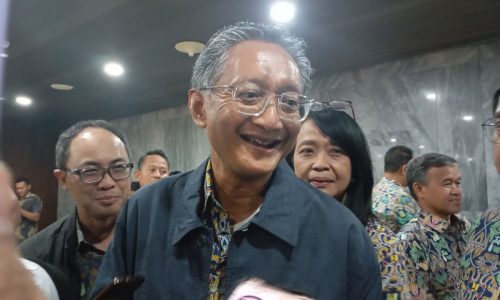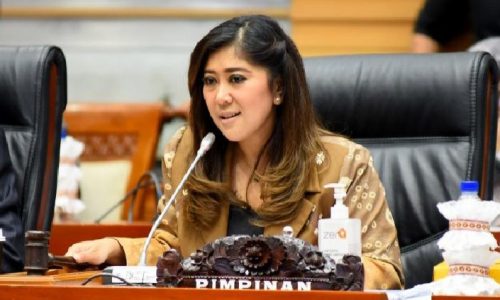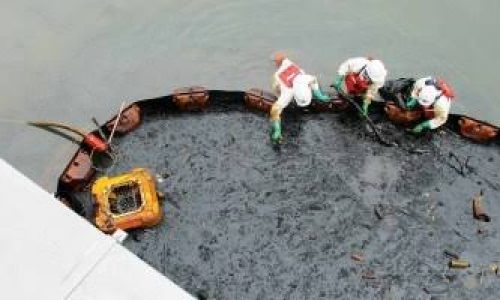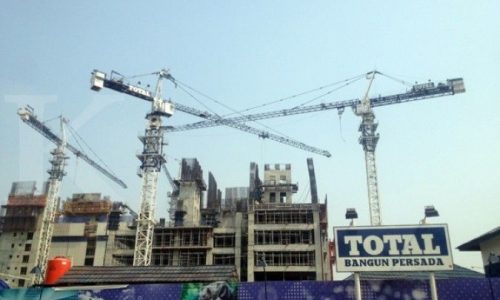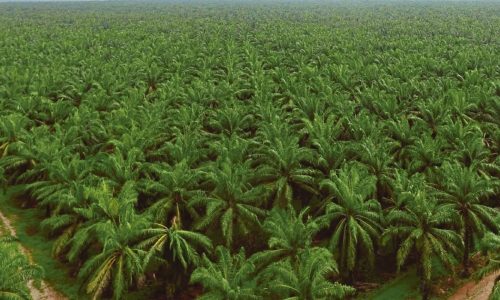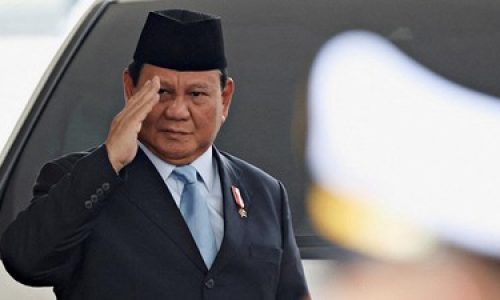The Food and Drug Monitoring Agency (BPOM) is accelerating the pharmaceutical salt certification process in an effort to establish an independent national pharmaceutical industry and meet domestic needs, by ensuring the readiness of the two authorized pharmaceutical companies in implementing the mandatory Good Manufacturing Practices (CPOB).
As part of the effort to realize the resilience of the national pharmaceutical industry, BPOM provides assistance to two companies, namely Gresik-based PT UniChemCandi Indonesia and Lamongan-based PT Garam Dua Musim.
The assistance is in the form of training, regulatory assistance, and coordination with stakeholders including the Ministry of Health, the Ministry of Industry, and the Ministry of Maritime Affairs and Fisheries.
“We hope that both companies have a sustainable commitment to maintaining product quality and safety, innovating in technology development, and complying with regulations and standards, especially related to the fulfillment of CPOB,” Taruna Ikrar, Head of BPOM, said on Wednesday, February 5, 2025.
Rahmanu Zilaini, President Director of PT Garam Dua Musim, emphasized his company’s readiness to support the availability of domestic pharmaceutical salt.
“We are ready to contribute with a production capacity of 700-1,000 tons per year so that national needs can be met,” he said.
Taruna said pharmaceutical salt plays an important role as a raw material for active drugs and additional ingredients in the production of infusion preparations, hemodialysis fluids, vaccine solvents, syrups and oralit.
“The average national pharmaceutical salt requirement reaches 5,000-7,000 tons per year. Currently, this requirement is still met through imports, even though demand is projected to increase by 8 percent per year in the next six years,” he said.
He cited that the production of pharmaceutical salt is different from that of table salt because it does not contain iodine and anti-caking agents, which are found in table salt.
“Therefore, the production of pharmaceutical salt must meet standards that include stages from drying to labeling,” he said.
Currently, there are only two pharmaceutical salt industries that are CPOB certified in Indonesia, namely PT Karya Daya Syafarmasi and PT Tudung Karya Daya Inovasi with a capacity of both reaching 2,600 tons, still one third below the total national requirement.



